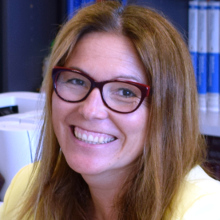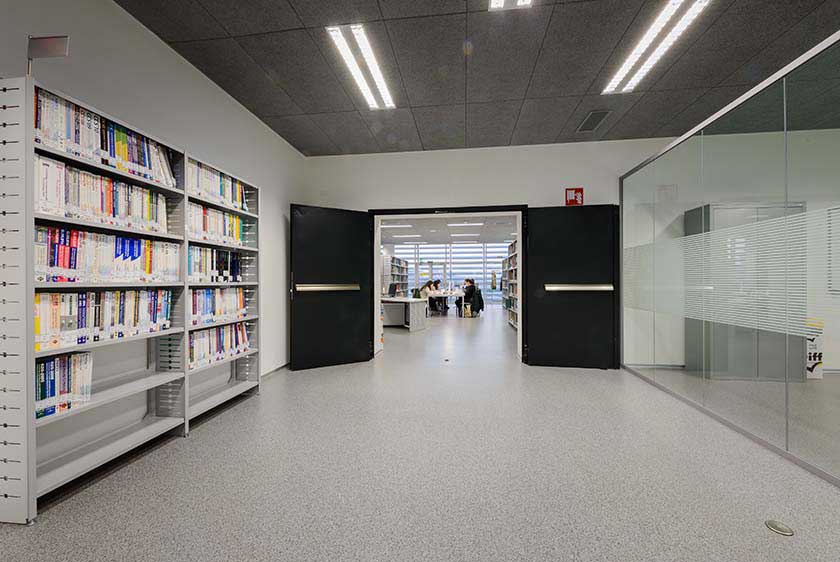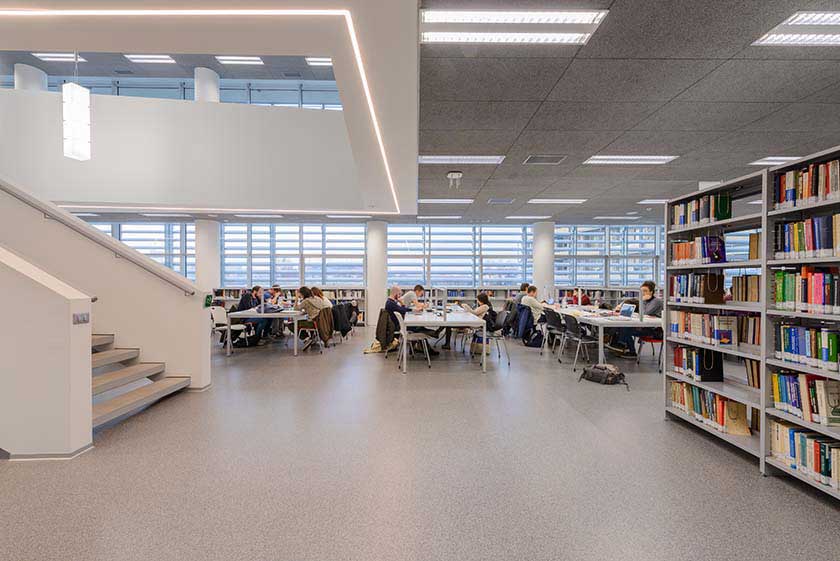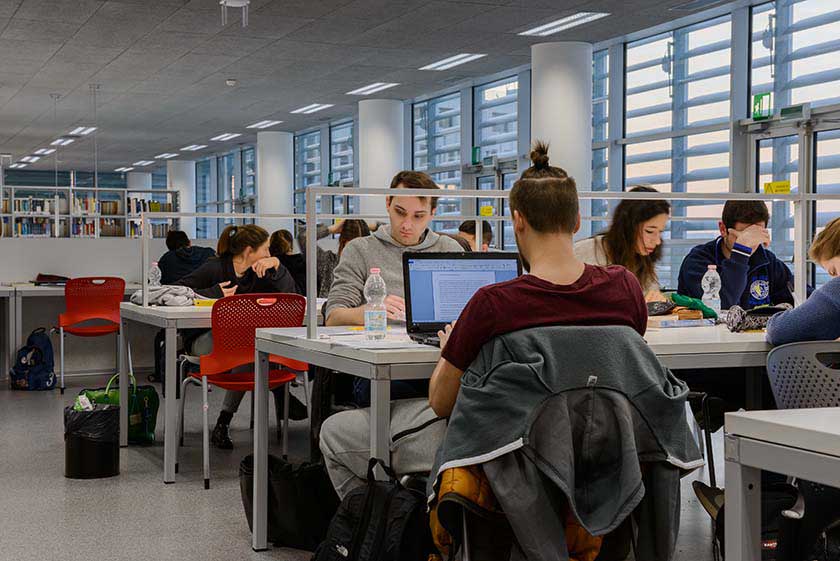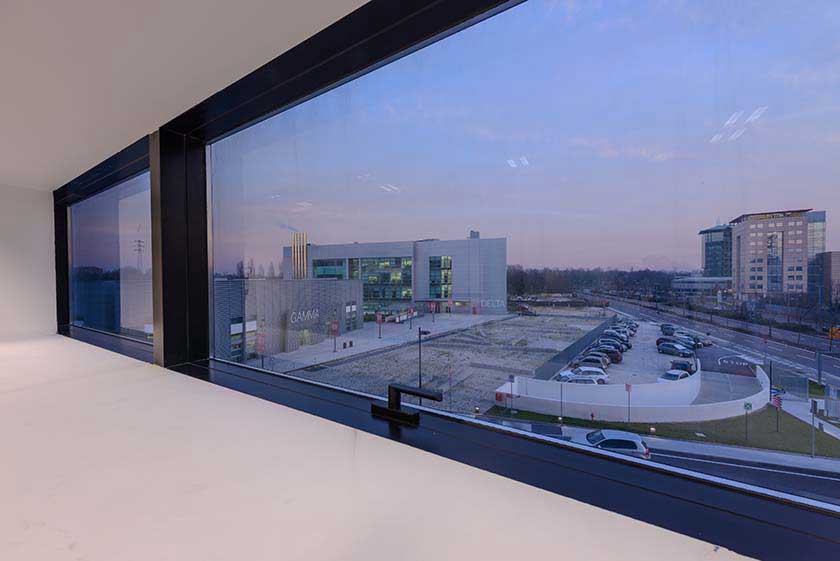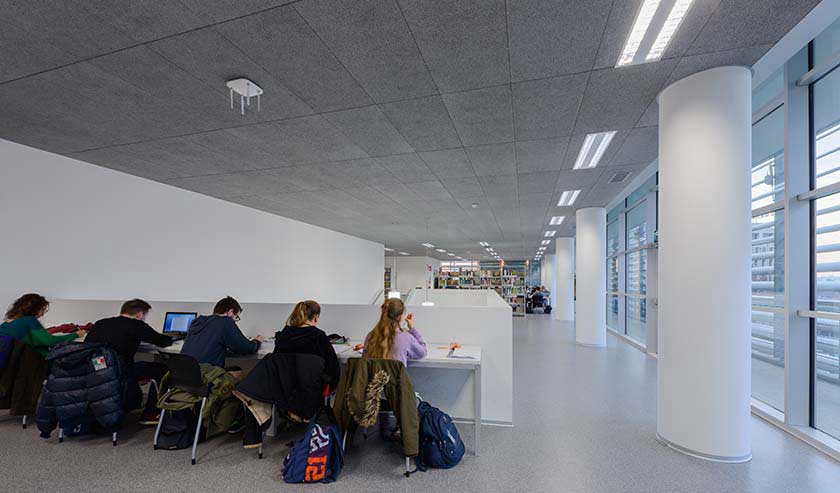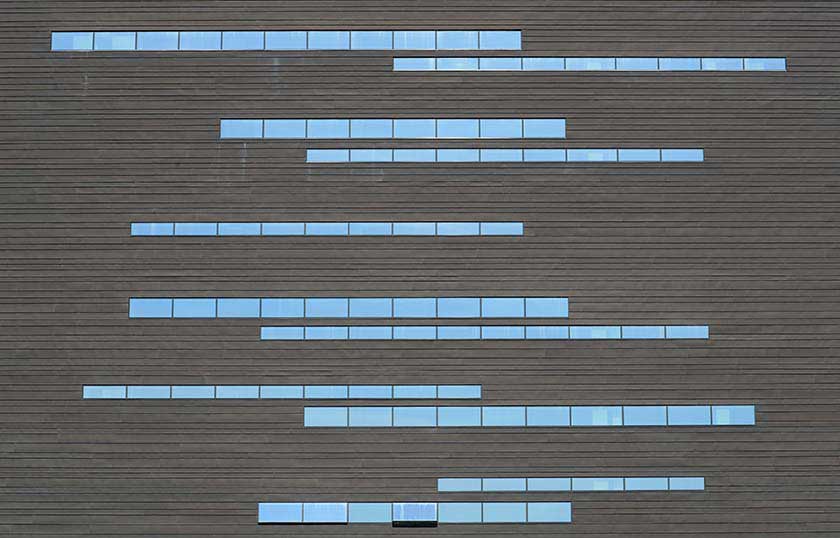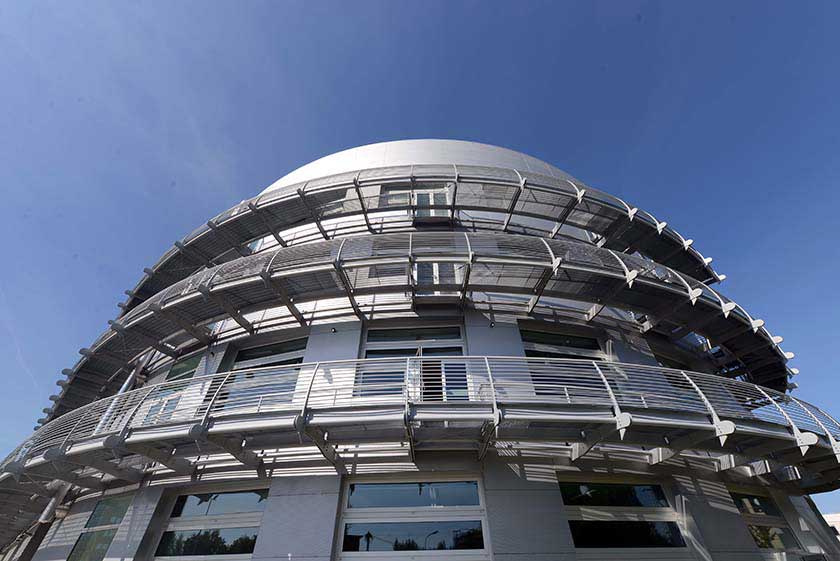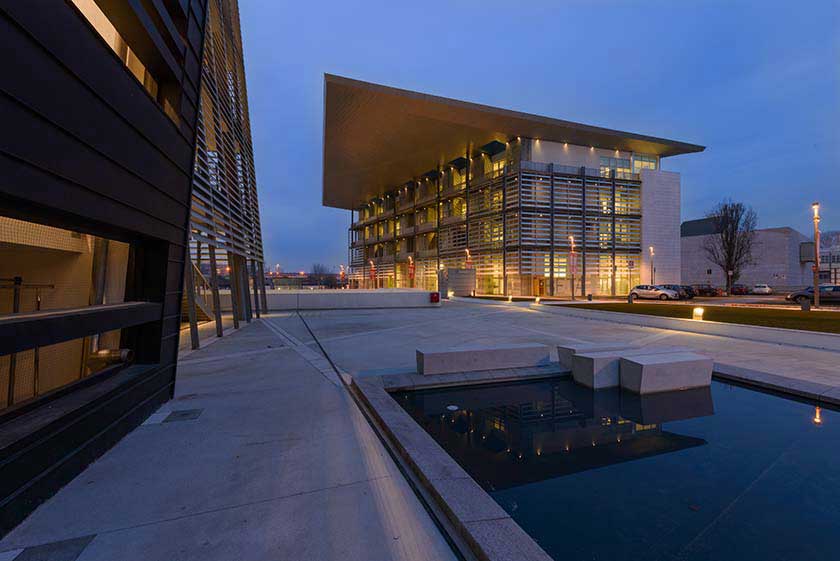Why choose this programme
you will examine the evolution of artistic materials from both a scientific and historical-artistic perspective, preparing to lead projects aimed at developing and disseminating applied sciences within the cultural heritage field
a solid technical and scientific education will be complemented by strong competencies in art history, archaeology, archival and bibliographic studies, and economics. You will also acquire practical experience in multidisciplinary laboratories, where you can apply your knowledge to the diagnostics of artistic materials
you will explore investigative methods and technologies from cultural heritage sciences to study and enhance artefacts. You will gain the ability to identify deterioration processes and work collaboratively on focused restoration and conservation projects. Additionally, you will contribute to the cataloguing, digitisation, and protection of artistic heritage alongside fellow professionals
Overview
If you love bothart and science, this is the course for you. It combines a solid technical and scientific foundation with skills in the historical-artistic, archaeological, archival-bibliographical and economic fields. You will learn how to conduct diagnostic analyses to identify the materials that cultural heritage objects are made of, determine the causes of deterioration, and establish the most suitable methods and products to ensure their protection, conservation, and enhancement. Venice offers the extraordinary privilege of being an open-air laboratory for this academic field.
You will have the opportunity to participate in innovative, multidisciplinary projects that aim to analyse, document, and interpret cultural heritage in all its various facets. Alongside classroom teaching, you will gain extensive hands-on experience in the laboratory, applying what you learn straight away. You will conduct diagnostic analyses of materials to understand the morphological and structural characteristics of heritage objects, define potential conservation technologies, and develop a comprehensive understanding and appreciation of cultural heritage in relation to its historical, social, and environmental context.
Opinions
Programme coordinator
“This course will allow you to combine your passion for art with scientific rigor through hands-on experience. You'll learn to use cutting-edge technologies to analyze, preserve, and enhance the immense cultural heritage that surrounds us. A highly interdisciplinary path to becoming the professional of the future for the protection of cultural heritage. Join the team that studies and saves the past with science.”
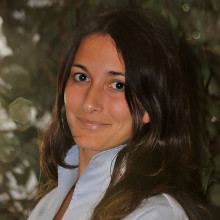
Pamela Bosazzi
Student
"The interdisciplinary nature of this course makes it truly unique, as it combines the application of science with the sensitivity required for studying and protecting cultural heritage. Thanks to this interdisciplinary approach, I was able to participate in educational archaeological excavations. This is just one of the training opportunities available, offering you the chance to gain first-hand experience in the fields you’ve encountered in the classroom. The faculty is one of this programme’s true strengths and was a key factor in sparking my enthusiasm".
International network, experience abroad and employment
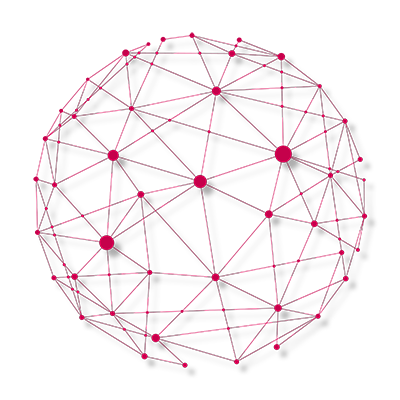
European partnerships and exchange projects are also in place at the international level to facilitate entry into the job market. You will have the opportunity to participate in internships and training placements at other national and international universities, research institutes, museums, libraries, heritage authorities, and sector-related organisations.
Ca' Foscari has over 1,500 partnerships with international institutions, including programmes like Erasmus+ and Overseas, enabling students to study and intern abroad.
Ca' Foscari's Career Service guides you into the world of work with advice services, CV support, meetings with institutions and companies, and the search for and setup of training internships in Italy and abroad.
After graduation
you will be prepared to undertake multidisciplinary diagnostic investigations on materials employed in cultural heritage. You will ascertain the causes of deterioration and establish the most suitable methodologies and products to guarantee preservation, conservation, and enhancement
you can work as a Heritage Scientist, specialising in the diagnostics and conservation of cultural heritage, within material analysis laboratories, cultural heritage institutions (such as museums, heritage agencies, libraries, and archives), public bodies, companies, and organisations devoted to heritage conservation and protection
You will have the opportunity to further develop and consolidate your multidisciplinary expertise by enrolling in the Master’s degree in Conservation Science and Technology for Cultural Heritage, advancing your studies in an international environment
Where
Department of Molecular Sciences and Nanosystems
Scientific Campus, Via Torino 155, 30170 Venezia Mestre (Italy)
Contacts
Scientific Campus
ADiSS - Scientific Campus
Via Torino 155 [ITA], Epsilon building (ground floor), 30170 Venezia Mestre (Italy)
Campus services: campus.scientifico@unive.it
External internships: stage.areascienze@unive.it
Information tutors: tutor.campus.scientifico@unive.it
Services for students and appointment reservation
Degree programme website (permalink): www.unive.it/degree/ctr60

